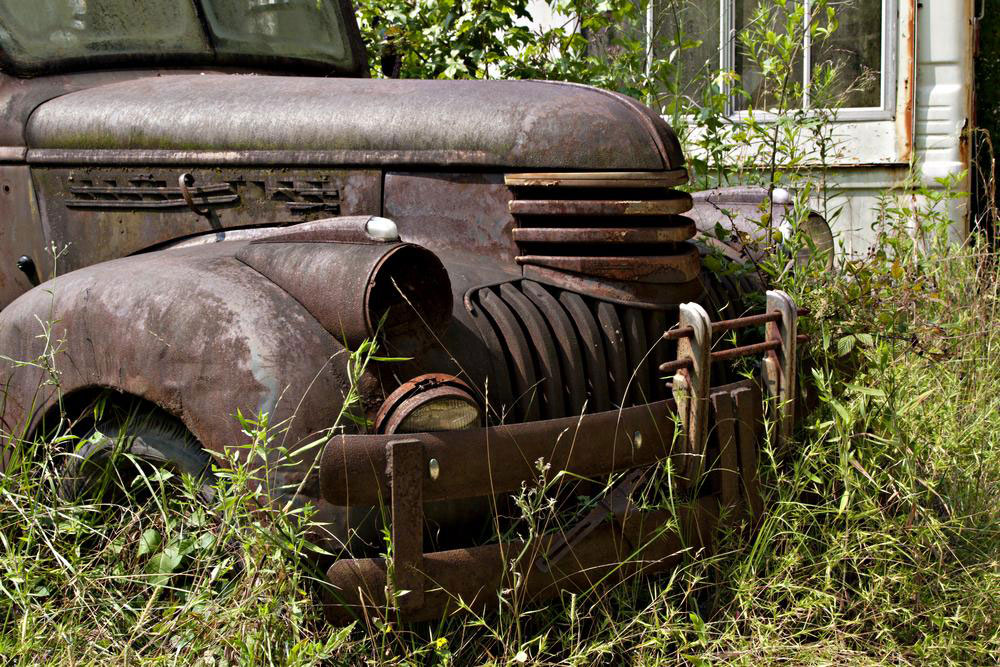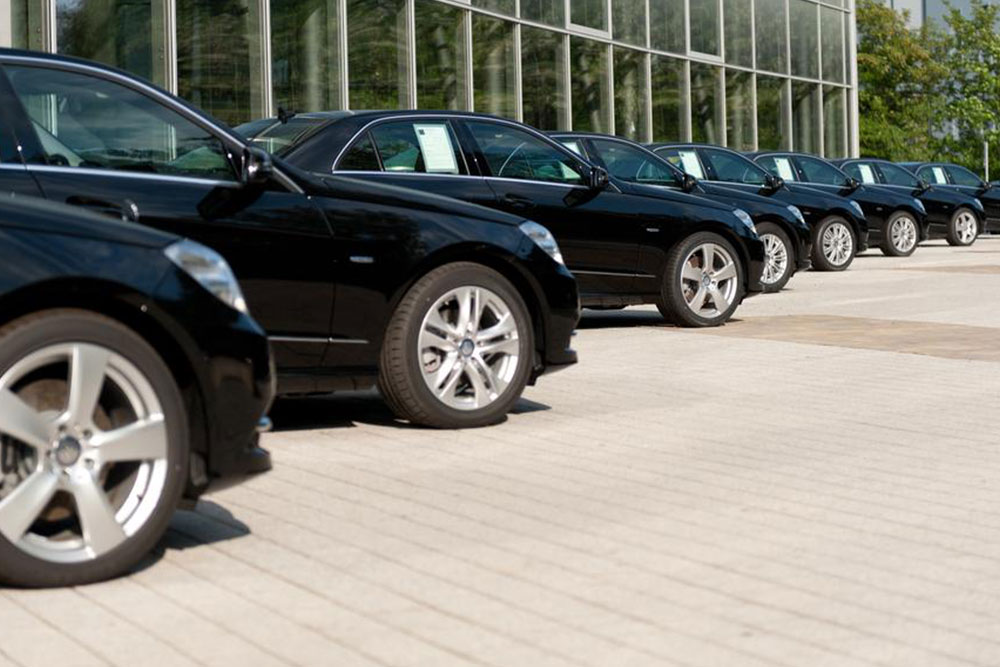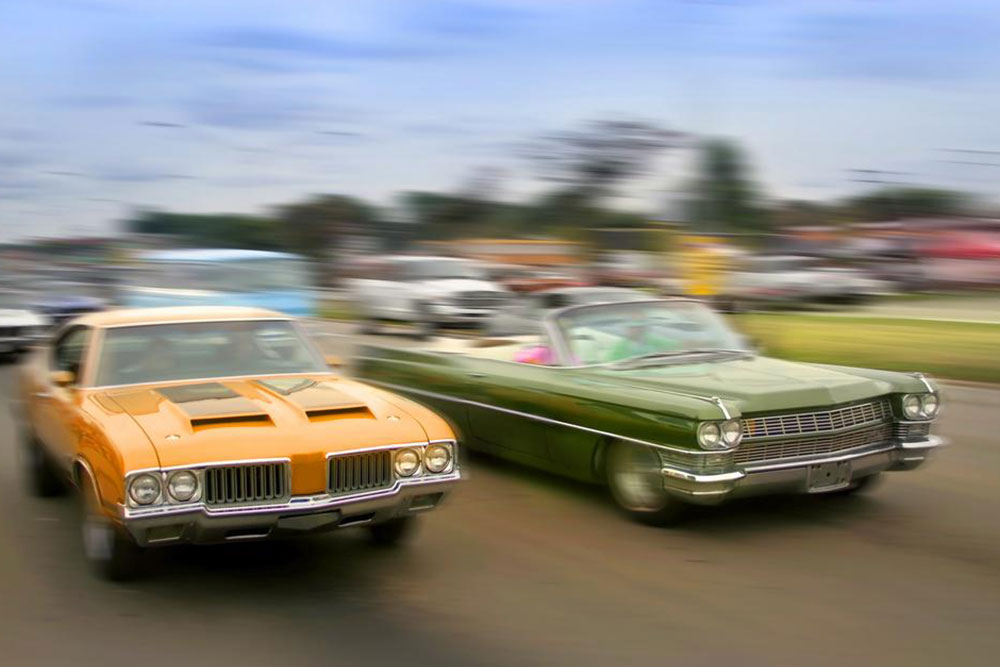Comprehensive Guide to Buying Salvage Vehicles: Tips, Procedures, and Important Considerations
This comprehensive guide offers valuable insights for those interested in buying salvage vehicles. It covers registration, bidding strategies, pricing factors, insurance considerations, and legal procedures to help buyers navigate the complex salvage car market effectively. Understanding these aspects ensures informed decisions and successful purchases of damaged or rebuilt vehicles at a fraction of their original cost.

Ultimate Guide to Buying Salvage Vehicles: Tips, Procedures, and Important Considerations
Purchasing salvage vehicles can be an excellent way to acquire transportation at a significantly reduced price, provided you understand the process and associated risks. Salvage vehicles, which have sustained varying degrees of damage, are commonly available through auto salvage yards and a network of specialized auto auctions. Many savvy buyers, whether individuals or used car dealers, turn to salvage auctions for competitive pricing and unique opportunities. However, buying a salvage vehicle requires thorough knowledge of the procedures, legal requirements, and factors influencing pricing to ensure a successful investment.
Generally, salvage vehicles are acquired through specific auction channels, both online and in person. These auctions are often conducted by licensed auto auction houses that handle the sale of damaged, wrecked, or previously totaled cars. Before jumping into the purchasing process, prospective buyers need to familiarize themselves with the registration, bidding, and payoff procedures to ensure they are fully prepared to participate successfully.
**Registering with an Auto Auction House**
To participate in salvage vehicle auctions, the first essential step is to complete registration with one or multiple auction houses. Registration can often be performed either online via the auction house’s website or in person at their physical location. During registration, buyers are typically required to provide personal information such as their full name, contact details, and, in the case of licensed dealers, their dealer identification number. Additionally, a refundable deposit is usually necessary as a commitment fee to participate in bidding. This deposit acts as a safeguard to prevent frivolous or non-serious bidding and is refundable once the bidding activity concludes or if no purchase is made.
**Understanding Bidding Options and Strategies**
Once registered, buyers have several options for placing bids on salvage vehicles. These options can include:
Online Bidding: Most auction houses provide comprehensive online platforms that allow registered bidders to review vehicle listings, place bids, and monitor auction progress remotely. Bids are submitted electronically, and the highest qualifying bid that meets the reserve price wins the vehicle.
Live Phone Bidding: Prospective buyers can opt for live telephone bidding, where they communicate directly with the auction clerk during the event. Typically, bidders must notify the auction house beforehand if they want to participate via phone, and an authorized sales agent will assist during bidding. This method allows real-time participation without being physically present at the auction site.
"Buy Now" or Instant Purchase Options: Some auctions offer an immediate purchase option called "Buy Now," allowing buyers to purchase a salvage vehicle instantly at a predetermined price without participating in a bidding war. This option is beneficial for buyers who want to secure a vehicle quickly and avoid bidding competition.
**Participating in Auctions: Practical Tips**
To optimize your chances during the auction, it is important to have funds deposited into your auction account beforehand, especially for online auctions. You will generally need to log in during the designated auction time to place bids. Some bidders also choose to seek assistance from a sales agent or broker who can bid on their behalf, especially when they cannot attend or monitor the auction live.
**Accessing a Wide Range of Salvage Vehicles**
The market for salvage vehicles is robust and diverse, with over 170 active auction houses across various regions. Annually, these auction houses offer roughly 40,000 salvage cars, trucks, and SUVs for sale, providing buyers with a broad selection of makes, models, and damage conditions. Whether you are looking for a project car, a rebuildable vehicle, or a parts donor, the variety available can fulfill various needs and budgets. Many auction houses also provide expert guidance, condition reports, and inspection services to help potential buyers make well-informed decisions.
**Factors Affecting the Pricing of Salvage Vehicles**
The final price of a salvage vehicle hinges on multiple factors, including its overall condition, mileage, the extent and type of damage, repair history, and aftermarket modifications. Additional key considerations include market demand for specific makes and models, the vehicle’s age, and the prevailing market value for similar vehicles in similar condition.
It's important to understand that new vehicles typically depreciate rapidly—by about 30% to 60%—within their first five years. This depreciation plays a significant role in pricing salvage vehicles, which are often older or have been heavily damaged.
**Salvage Titles and Insurance Considerations**
Insurance companies usually classify a vehicle as a total loss when repair costs exceed the vehicle’s market value, or when damage from incidents such as floods, hail, theft, vandalism, or major accidents surpass safety and repairable limits. These vehicles are issued salvage titles by the state Department of Motor Vehicles (DMV). A salvage title indicates that the vehicle has undergone significant damage or theft recovery and has been deemed uneconomical to repair by insurance companies.
Before buying a salvage vehicle, potential buyers should be aware that such cars often require meticulous inspections, certifications, and possibly specialized repairs before they can be legally driven on public roads again. Additionally, some jurisdictions demand additional inspections and documentation to ensure the safety and legality of vehicles re-entering the traffic stream.
**Risks and Cautions in Purchasing Salvage Vehicles**
While salvage vehicles can be cost-effective, buyers should exercise caution due to the potential risks. These include hidden damages, incomplete repairs, or previous repairs that may not meet safety standards. It is advisable to request detailed vehicle history reports, inspection reports, and to consider consulting automotive experts before finalizing a purchase.
Furthermore, buyers should confirm the vehicle’s status and ensure that they understand the local laws regarding salvage title vehicles, registration, and reapplication for roadworthiness certificates. Failure to do so might result in difficulties registering the vehicle or insuring it in the future.
In conclusion, purchasing a salvage vehicle can be a rewarding experience if approached with knowledge, patience, and due diligence. From registration and bidding to understanding the valuation factors and legal considerations, being informed helps buyers make confident and profitable decisions in the salvage vehicle market.





